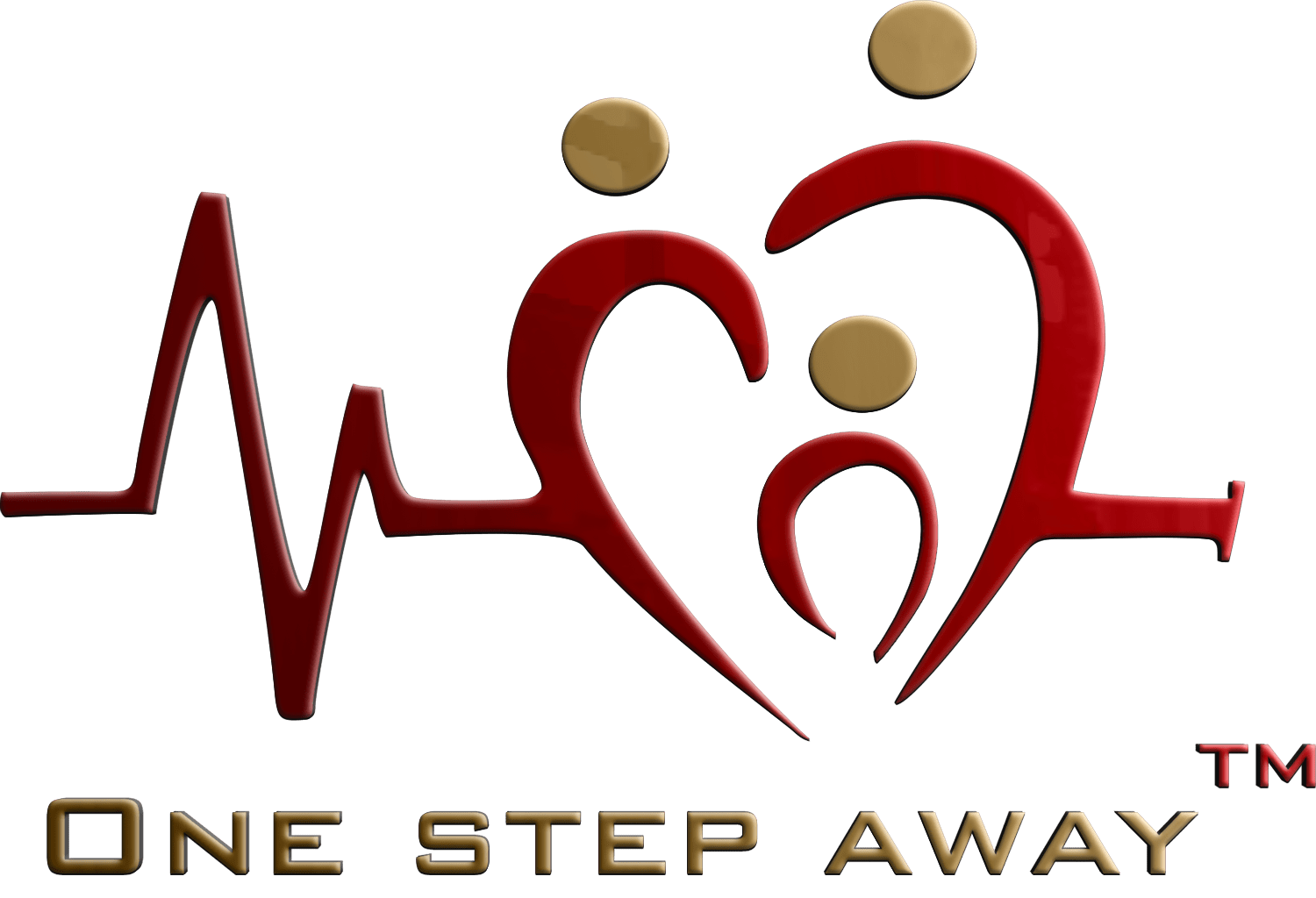As we all know, Prevention is better than Cure. Things to remember : 1. Cle
- 7 Bala ji Plaza Grover Market Hisar, Haryana, India 125001
About Dr Ritesh Pande:
Hospital: AMRITDHARA my Hospital
City: Karnal
Qualification: M.B.B.S.,M.D. PAEDIATRICS ,
As we all know, Prevention is better than Cure. Things to remember : 1. Cleanliness of Baby e.g Surroundings. 2. Regular check-up to Doctor. 3. Vaccination. Early detection of symptoms helps in Early treatment & Timely cure of child.
Services
Services Main areas of Pediatric services we are providing are: General Paediatrics – a hospital role covering children from birth to the age of 16. Most pediatricians have this generalised role Neonatology – this role specialises in looking after newly born babies. It is usually based in an intensive care unit looking after premature babies or those with problems at birth Community Paediatrics – these doctors are based in the community and look after children with developmental, social or behavioural problems and those with a physical disability. Peditric Intensive Care – Equipped with advanced technology, our multidisciplinary team improves survival, speeds recovery, minimizes disability and relieves pain and suffering in a caring and respectful manner. NICU (Neonatal Intensive Care Unit): A neonatal intensive care unit, also known as an intensive care nursery, is an intensive care unit specializing in the care of ill or premature new-born infants. Neonatal refers to the first 28 days of life. New-born babies who need intensive medical care are often put in a special area of the hospital called the neonatal intensive care unit. We are providing the NICU services with advanced technology and trained healthcare professionals to give special care to our tiniest patients. We have Advanced 24 bedded Neonatal Intensive Care unit (NICU) equipped with Neonatal Incubators /Open warmers, Respiratory Support, Continuous Positive Airway Pressure (CPAP) or Mechanical Ventilation. Our Neonatology unit is also equipped with Phototherapy unit. PICU – Pediatric Intensive Care Unit The Pediatric Intensive Care Unit (PICU) at Amritdhara My Hospital is a multidisciplinary unit that provides care for infants, children and adolescents who become critically ill or injured. The many physicians, nurses and allied medical care professionals who work in the PICU have the knowledge, skill and judgment to quickly assess and treat your child so he can achieve the best outcomes possible from critical illness or injury. Equipped with advanced technology, our multidisciplinary team improves survival, speeds recovery, minimizes disability and relieves pain and suffering in a caring and respectful manner. Conditions that commonly cause critical illness and injury include: Severe infection Poisoning Drug overdose Trauma Extensive surgery Congenital anomalies Immunological disorders Exchange Transfusion Done in newborn, when Billirum is too High, that it will disturb the mental status of the child. In this we remove the high Billirum content of blood from the baby (discarded) & exchanged it with fresh blood. Dialysis Child in chronic Renal Failure. When Serum Urea & Serum Creatinine is too high. Not managed by Medical Tratment, we will remove extra Urea & Creatinine through the machine via catheter. Ventilation When the body is having Respiratory Distress not managed by medical treatment. This is a temporary support to the Respiration for the time acctual distress is managed. Equipments in NICU There are many pieces of medical equipment in the Neonatal Intensive Care Unit(NICU). Depending upon the baby’s medical condition, the piece of equipment is required and used. The most common equipments are : Equipments used for warm environment : An open bed with a radiant warmer is used. Equipments to check vital signs include : A sensor on the chest to measure heart rate and breathing rate using a cardiorespiratory monitor A sensor on the skin to measure temperature Cuff on the arm or leg to measure blood pressure Cuff on the hand or foot to measure the relative amount of oxygen in the blood Equipments used for breathing : Extra oxygen delivered through a small tube in the nose or a mask Continuous positive airway pressure (CPAP) Ventilators
